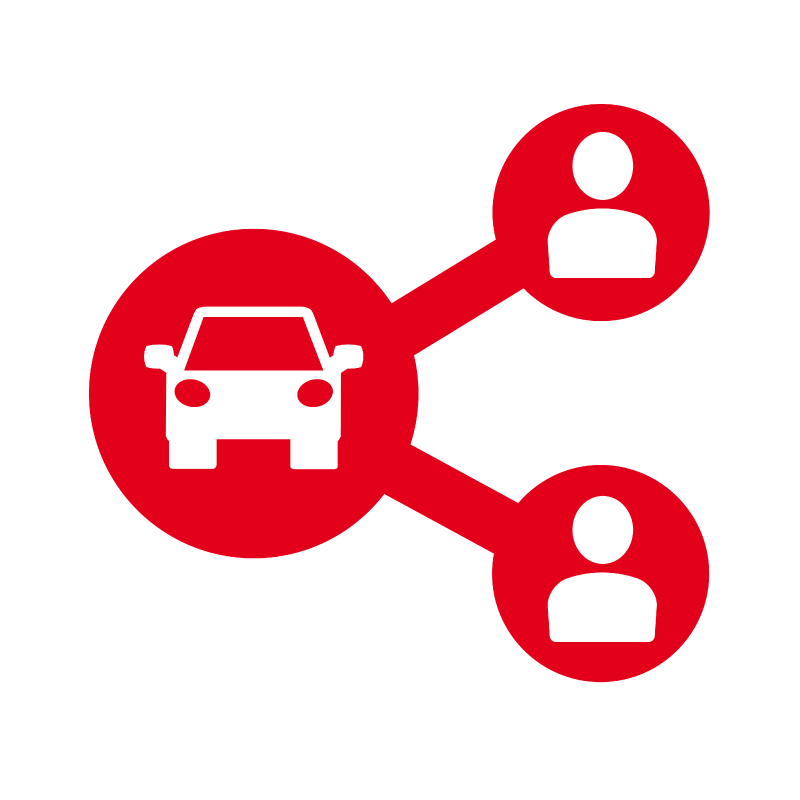While car-sharing has proven quite successful in some cities, in other cities the phenomenon of car-sharing is less developed. This study aims to explain these spatial differences in the growth of peer-to-peer (P2P) car-sharing in cities. Firstly, this study shows the current state of P2P car-sharing in cities within the countries United Kingdom, The Netherlands, France, Germany, and Belgium. P2P car-sharing shows to be more successful in France and The Netherlands, and less successful in Germany and the United Kingdom when compared to Belgium. Secondly, from a Multi-level perspective (MLP), niche and regime factors were operationalized which can differ on the city level to explain the spatial differences in niche developments and regime interactions. A quantitative research method was applied, using a negative binomial regression model, to test the influence of these city level variables on the number of shared cars. Cities where the regime of personal car ownership and use is less established, indicated by a larger share of trips taken by public transport and a historic city center less suitable for car use shows to lead to more shared P2P cars. User innovativeness, indicated by younger age (24-35yrs) and a higher level of education showed to be beneficial for the growth of the niche of P2P car-sharing. A higher percentage of one-person households also leads to more shared P2P cars. Also the presence of a lot of platform actors within a city showed to be associated with a high number of shared P2P cars. This study also showed that population density did not significantly influences the number of shared cars, indicating that P2P car-sharing might be a more feasible alternative to “traditional” Business-to-consumer car-sharing in less densely populated places. Also, this study showed that protected niche markets. Indicated by a university city or international city are less important to P2P car-sharing, indicating that the supply of P2P cars is less demand driven. It is suggested that the supply of P2P car-sharing is more focused around a personal decision to share a car on a P2P platform. Further research could identify the reasoning behind this personal decision.
A research conducted by Dennis van der Linden, please contact dfvdlinden@gmail.com for more information.

